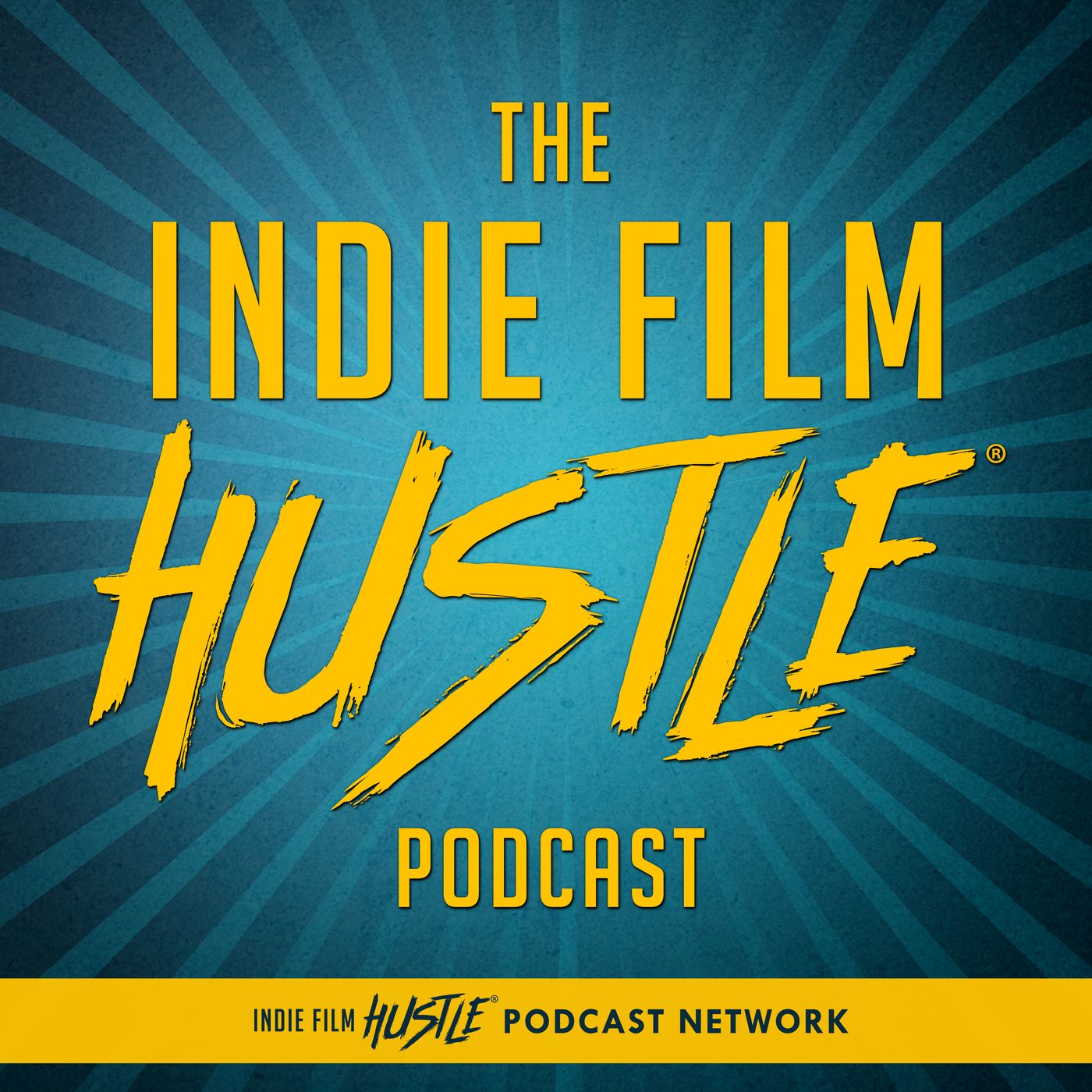
IFH 788: The Unscripted Journey of Steven Bernstein: From Cinematographer to Storyteller

Indie Film Hustle® - A Filmmaking Podcast
Deep Dive
- Initially wanted to be a writer.
- Career started at the BBC.
- Success in music videos and commercials.
- Worked on films like Monster, Like Water for Chocolate, and Scary Movie 2.
- Returned to his original intention of writing.
Shownotes Transcript
What if the greatest stories of our lives are the ones we never meant to write? On today’s episode, we welcome Steven Bernstein, a man whose journey through the world of cinema has been anything but predictable. A writer at heart, a cinematographer by accident, and a director by destiny, his career is a living testament to the art of surrendering to the unknown. From his early days at the BBC to the sets of Hollywood blockbusters, his story unfolds like an unplanned masterpiece—one that ultimately brought him full circle, back to the thing he always loved: writing.In this profound conversation, Steven Bernstein recounts his journey from philosophy student to award-winning cinematographer, where his love of storytelling found an unexpected home behind the lens. He speaks of the curious ways life moves us, sometimes against our best-laid plans. “You tend to go with those things that are providing you income,” he muses, reflecting on how a passion for writing gave way to cinematography, leading him to films like Monster, Like Water for Chocolate, and Scary Movie 2. Yet, even as he shaped light and shadow for some of cinema’s most striking images, the writer within him never faded.There is an undeniable poetry in the way Bernstein describes his work. He doesn’t just shoot a film; he composes it, layering meaning through framing, movement, and light. Every choice—a dolly push, a backlight, an asymmetrical composition—whispers something to the audience. It’s a language beyond words, one that he speaks fluently. “Everything to do with film is a language,” he explains. “And like any language, it’s made up of two parts: that which we present and that which we mean.”His journey back to writing was not an easy one. After years of crafting imagery for others, he took a leap into directing his own films, starting with Decoding Annie Parker.It was a lesson in risk and resilience. At one point, he spent five years in poverty, refusing to return to the safety of cinematography. “If you hold out for the dream, maybe you achieve it,” he says. It is a stark reminder that the artist’s path is often one of sacrifice, but those who persist find themselves richer in ways beyond money.Yet, Bernstein also understands the tension between art and commerce. Filmmaking is an expensive endeavor, and investors want guarantees. He describes the struggle of balancing creative vision with financial expectations, a dance between inspiration and limitation. And yet, some of the greatest filmmakers—Terry Malick, the Coen Brothers, Charlie Kaufman—have defied convention, proving that the most resonant stories often break the rules.The conversation moves to the nature of collaboration, the unspoken alchemy that happens on a film set when everyone is in sync. He recalls moments from Monster, where the crew, sensing the gravity of a scene, chose to remain completely silent, whispering only when necessary. It was an unspoken agreement, an offering to the art being created. “It was one of the most magical moments I remember in any film I’ve ever worked on,” he recalls. It is a glimpse into the rare, sacred spaces where true storytelling happens—not in the scripts, but in the spaces between them.Become a supporter of this podcast: https://www.spreaker.com/podcast/indie-film-hustle-a-filmmaking-podcast--2664729/support).